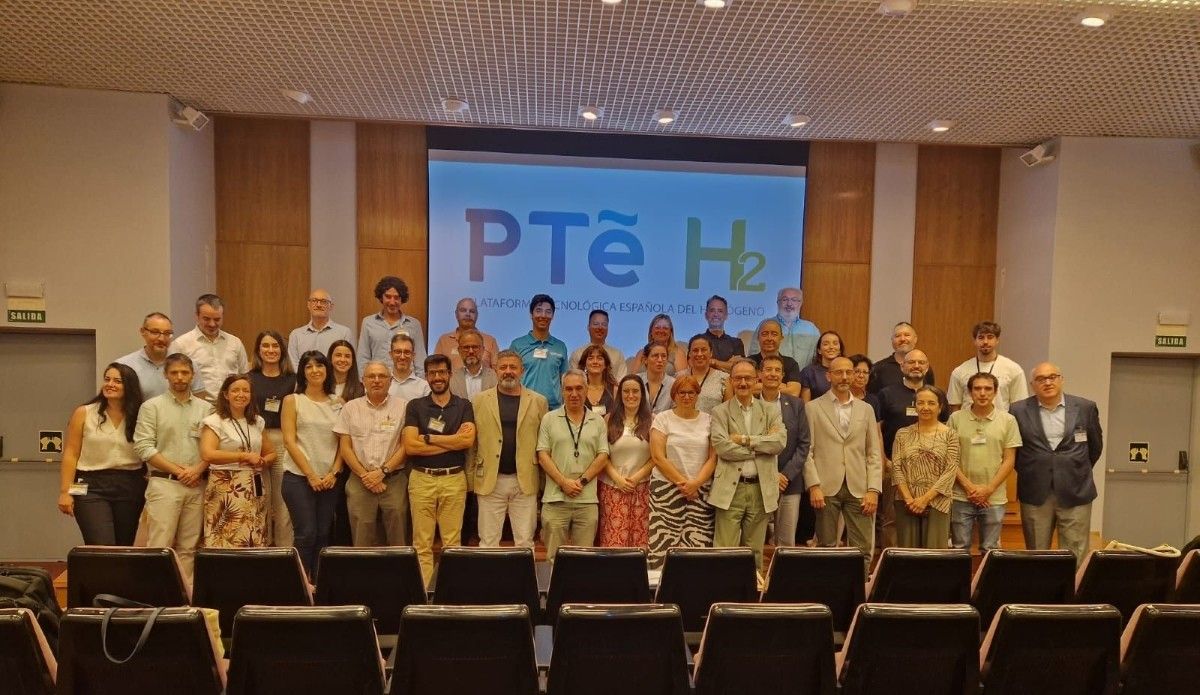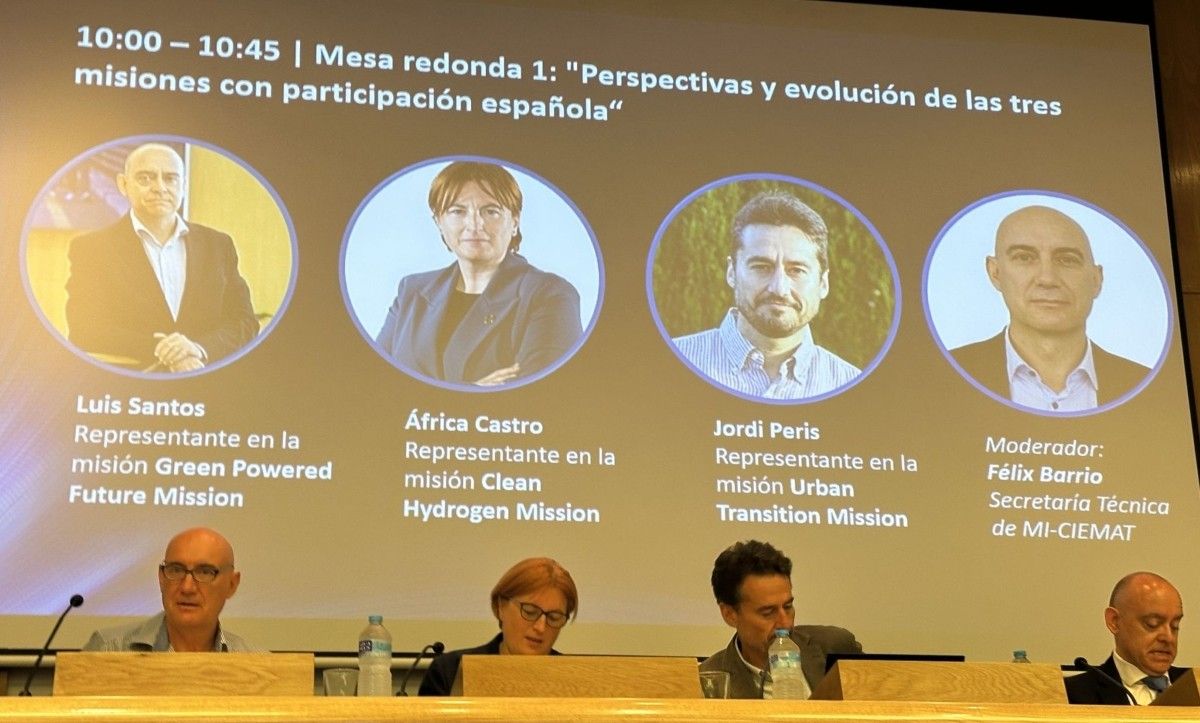On July 9 and 10, CIDAUT participated in two major events held at CIEMAT (Madrid), organized by Mission Innovation and the Spanish Hydrogen Technology Platform (PTeH₂). Both meetings brought together leading national stakeholders from research, industry, and public administration to strengthen Spain’s position in the global hydrogen innovation ecosystem.
The first day, held at CIEMAT under the title “Spain in Mission Innovation: Progress, Opportunities and Collaboration”, brought together representatives from the Ministry of Science, Innovation and Universities, CIEMAT, and various research and industry stakeholders.
The morning session featured two round tables:
- The first explored the evolution of the three missions with Spanish participation (Green Powered Future, Clean Hydrogen, and Urban Transition), highlighting the country’s growing role in these global initiatives.
- The second addressed the added value of Mission Innovation, focusing on opportunities for Spanish entities to engage more deeply in international projects.
In the afternoon, participants joined three parallel workshops aimed at shaping Spain’s future involvement in the initiative. CIDAUT took part in Workshop 2, facilitated by Mercedes Ballesteros (CIEMAT), which focused on “How to strengthen institutional coordination and foster collaboration between public and private actors.” This session provided an open and constructive dialogue among representatives of research centers, technology platforms, and companies, identifying mechanisms to enhance cooperation and align efforts across the national innovation ecosystem. CIDAUT contributed its experience in collaborative R&D projects and technology transfer, particularly in hydrogen production and utilization systems, underlining the importance of connecting scientific capabilities with industrial implementation.

The following day, the Spanish Hydrogen Technology Platform (PTEH₂) held its annual in-person meeting at CIEMAT, gathering 48 members from across the hydrogen value chain for a day of strategic reflection and collaborative work.
During the session, participants reviewed the platform’s main ongoing initiatives, including a collective effort to identify barriers that hinder sector development and to propose joint solutions, the launch of a new webinar series in collaboration with Mission Innovation, focused on Latin America and scheduled to begin in September and the creation of technical infographics to better communicate the value and impact of R&D&I in hydrogen.
Additionally, José Manuel Andújar Márquez, coordinator of the RE2+SARP working group, presented a proposal on how hydrogen technologies can contribute to grid stability, which sparked an enriching discussion among attendees.
The meeting concluded with a shared reflection on how to make the platform’s collaboration network even more cohesive, representative, and valuable to all members.
CIDAUT actively participated in the discussions, contributing its vision and experience in hydrogen technologies, energy integration, and sustainable mobility, reaffirming its commitment to advancing innovation and strengthening cooperation within the Spanish hydrogen ecosystem.
